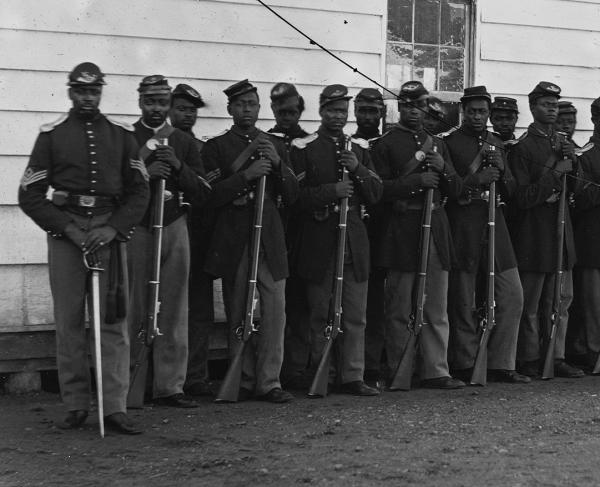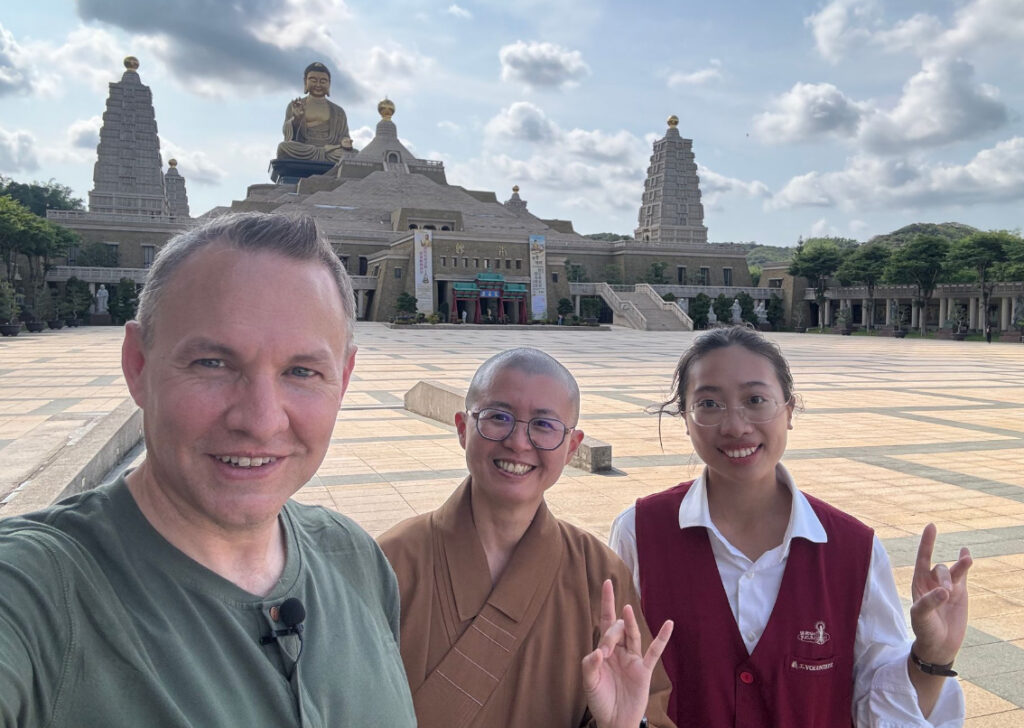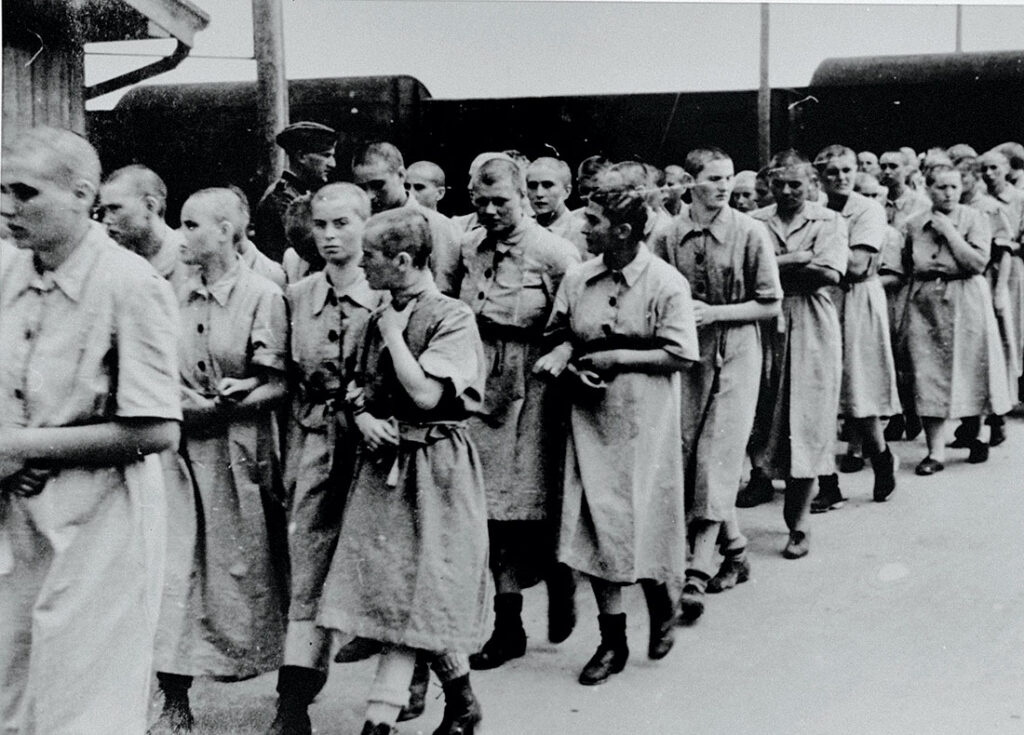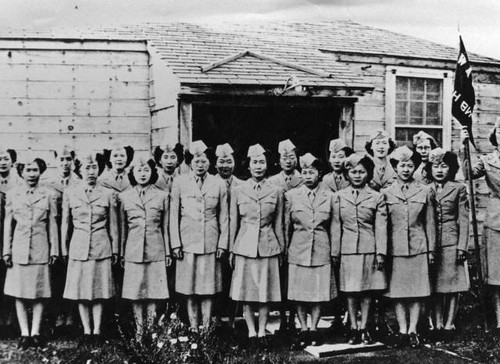In Post

Ain’t No Daisies: Women on the Plantation From the beginning of the planter class and first enslaved peoples at Jamestowne, nothing about plantation life was simple. Ain’t No Daisies – Women on the Plantation examines the complexities of existing in this unnatural system as a woman, particularly as the enslaved woman.
Ain’t No Daisies is slated for delivery to American Public Television presented by WCTE/PBS

Tide Turners The US Colored Troops in Tennessee made an immeasurable contribution during the Civil War. Some 13,000 USCT fought at the Battle of Nashville, making it the highest number engaged in fighting up to that point in the war. Because of their participation, the war in Tennessee came to an end. They were masons, carpenters, teamsters, cooks. But above all, they were soldiers and brave men, many of whom made the ultimate sacrifice.
Tide Turners is slated for delivery to American Public Television presented by WCTE/PBS
“This program has been funded by a grant from the Wars Commission Grant Fund, administered by the Tennessee Wars Commission, the Tennessee Historical Commission, Department of Environment and Conservation.”
In Production

The Hungry Professor Join the Hungry Professor as he eats his way as a vegetarian around globe, while learning about rich history and soaking in vibrant cultures. This edition of The Hungry Professor takes us on a journey around Taiwan. 13% of the population in Taiwan are vegetarian or fully plant-based. That makes Taiwan second only to India with the highest percentage of non-meat eaters. And that’s the kind of food he be eating from the highlands to the islands, and everywhere between.
The Hungry Professor series will be presented to American Public Television (for air) by WCTE/PBS. It will also be presented to Worldtv, Create, and American Public Television distribution

With the Exception Of: The 19th Amendment Reality
In 1920, the 19th Amendment was codified into law. The Constitution of the United States now granted women the right to vote on a federal level. But for BIPOC women, this wasn’t necessarily the case. For Asian immigrants, as well as US-born Asian American citizens, this right would be prohibited for decades. Literacy tests and poll taxes would become road blocks for Black and Hispanic/Latinx women. Native Americans were also excluded. With the Exception Of takes a look at the historically biased means by which this Constitutional right was blocked.
Presenter Station: WCTE/PBS
In Pre-Production

The Disappearing Rainbow
The rainbow has come to symbolize many things over time- luck, promise, Pride. But for many identifying as trans during the terrifying Nazi regime of Hitler, the colors of the rainbow became identifiers of a different kind. Colors were assigned in the form of triangles with black being the color ascribed to anyone considered to be “asocial”. Without light, the bright, vibrant colors of equity disappear into a darkness, much like the black triangle.
The Disappearing Rainbow will bring to life the stories of seven trans individuals who lived during the horrors of the 3rd Reich, voiced by contemporary people who identify as trans.

On the Other Side
Many concerns not faced by men added to the daily horrors of women interned during the Holocaust. Chances of survival for women were less than for men; and to aid in survival, women often coped in gender-specific ways, such as forging a network of relationships to foster a sense of emotional sustenance. There were also other, less than desireable, ways to faciliate survival… at least for a time, such as “volunteering” to be a participant in a network of prostitutes created by the SS. However, becoming pregnant was essentially a death sentence. At times, the nurses would kill the baby in order to spare the mother the gas chamber. On the Other Side investigates and compassionately considers concentration camp life as experienced by women.
in Development

Japanese American Women Army Corps (title tbd)
During World War II, 142 Nisei (second generation) Japanese women proudly wore the United States uniform despite often facing societal prejudices, as well as criticism from within their families. Opportunities for Japanese American women were limited in the 1940’s, and service was motivated by a variety of reasons from educational opportunities to hopes of ending the war quickly. These exceptional women maintained their dignity in service, balancing multiple cultural expectations.
Goal: Presentation to American Experience/PBS
